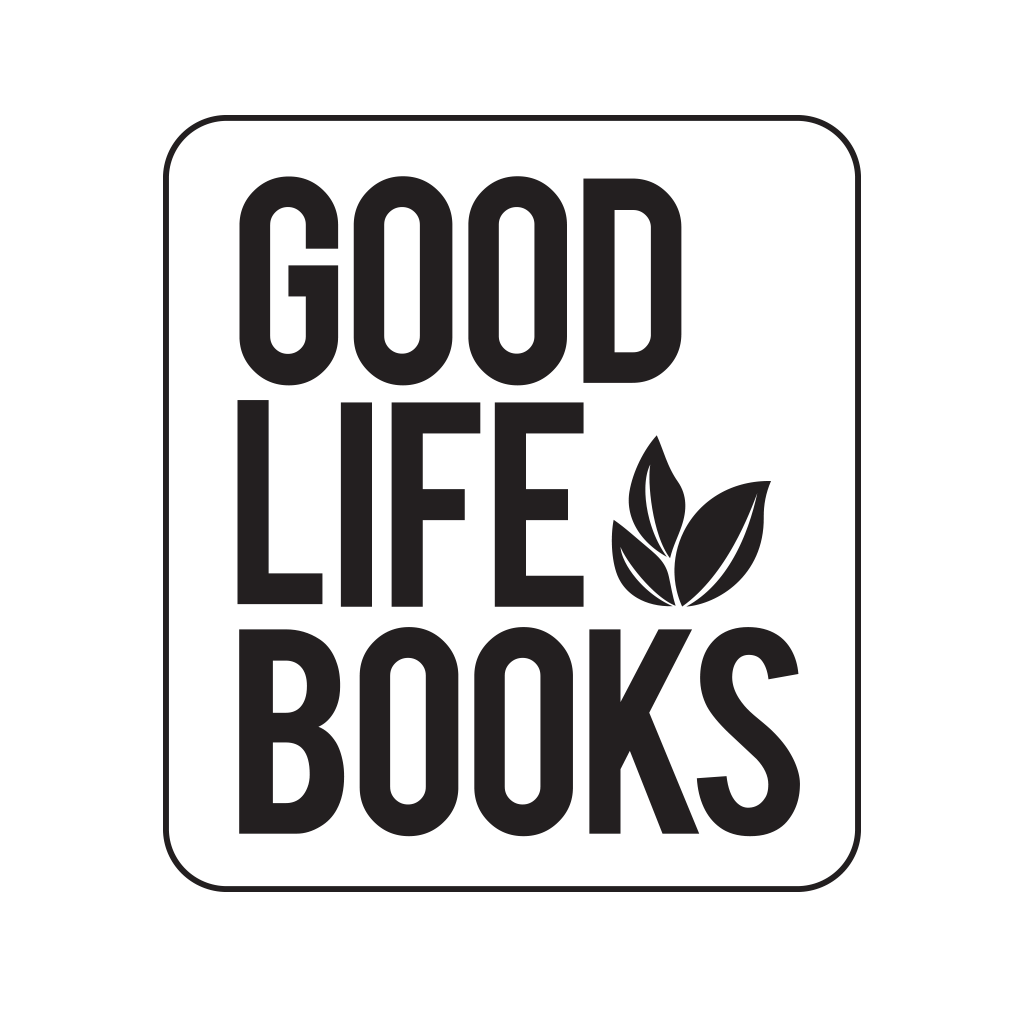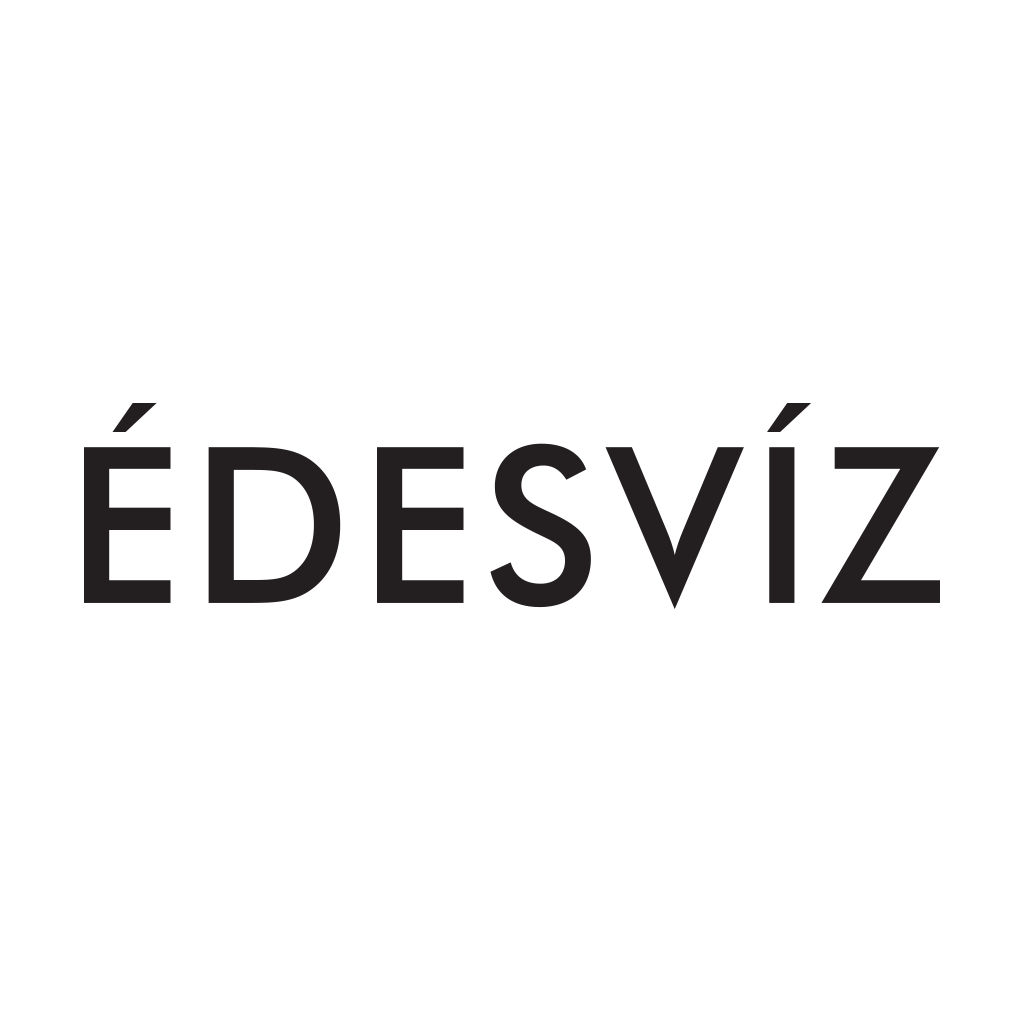We often approach debut works with some distrust in bookstores: we don’t know the author, and we’re unsure what we’re getting for our money. That’s why it’s worth getting to know the Libri Talent Starting Line scholarship recipients in advance: all of them are writing stories that truly earn both our attention and our trust. They come to the literary world from diverse fields: among them are a psychologist, a film critic, and even a procurement manager.
They will be able to develop their works within a unique program: the largest player in the Hungarian book market has committed to providing the selected young authors with seven months of scholarship and mentoring support to write their debut books. During this time, they will not only learn text editing with the help of well-known writers, but also personal brand building—so that they are not only able to write their books, but also bring them to readers. The publication of the best works will be undertaken by Hitel Publishing.
Let’s see who’s giving us reason to make room on our bookshelves!

The Unknown Lives of Famous Heroes
We tend to think we know everything essential about our national heroes and famous artists. The question we rarely ask ourselves is: who are our heroes as ordinary people? This is the question G. Dániel Varga explores, choosing Búvár Kund as his protagonist. He adopts a realist approach in his storytelling; in a previous conversation, he mentioned that, for the sake of historical accuracy, he has already written enough notes on the early Árpád era to fill a full-length novel.
It is not only soldiers and battles that hold excitement! Gergely Földváry has chosen a much calmer subject – at first glance: the biography of Mór Jókai. But don’t let your intuition fool you! Gergely’s collection of short stories promises to fill a gap, as the life of the “great storyteller” is full of events and family dramas that are not only appealing to literary historians.

Micro-histories of the past
It is often said that history is written by victors and politicians: the real catharsis of society is lost among the great, mythical heroes. Fortunately, the Kezdősor program features several authors who seek to fill this void. One such author is Bettina Telkes, who, in her planned work Kaposvári virágszál (Kaposvár Flower), takes us on a journey to her homeland, where the history of the former market town unfolds before us through the eyes of a young woman.
Adél Horváth follows a similar path, although she takes the reader to a fictional town in Partium called Grécel. Her previous works have been characterized by family intrigues and accurate depictions of psychological events—no wonder, since she previously worked as a resident psychiatrist. In her work entitled Sok ördögök (Many Devils), she once again approaches the collective experiences of a small community from this perspective.
It would be a mistake to think that scholarship recipients are only interested in Hungarian history! Lenke Cserháti even breaks away from continental Europe: her planned novel deals with the events of the English Civil War. However, prospective readers need not worry: despite the great distance in space and time, the work will seem familiar, as it depicts the lives of two friends who ultimately fall victim to each other’s betrayal.

When we feel anxious in the present
The participants in the Kezdősor program do not merely wish to reveal the past to readers. Réka Szabó has undertaken to write a fictional family history set in the present. She is happy to use the tools of magical realism to depict transgenerational trauma in her planned novel Medúza a babaházban (Medusa in the Dollhouse).
Borbála Kovács also takes a nod to trauma literature, focusing her collection of short stories on contemporary issues surrounding death and grief. In an age in which, according to historian Philippe Ariés, death has become “unnameable,” it is worth thinking again and again about how we can face this infinitely natural phenomenon.
Those who prefer a lighter approach to reading about current social issues will also find something to enjoy. Georgina Csepely-Sulyok’s collection of short stories entitled “És végül mit szóltak?!” (And what did they say in the end?!) holds up a distorted mirror to simple, everyday expectations, as she herself says of her work in progress: “notes on expectations, without expectations.”

Farewell to language and the anarcho-syndicalist wolf
Fans of Jean-Luc Godard may have noticed the subtle reference to their favorite director in the title. However, in László Csatári’s upcoming novel, we are not only bidding farewell to cinematic language: in his dystopian world, all characters have limited speech abilities and quickly lose their means of self-expression. How can we even think if we have no language for thinking? The novel Before the Word Runs Out will provide the answer.
The choice of absurd themes is not unique to László: Boldizsár Boross also works in this field. During a conversation, he told me about his earlier short story characters, including the anarcho-syndicalist wolf (from the story Little Red Riding Hood). Now he is working on a surrealist crime novel entitled Stux maga vérbeli párizsi lett (Stux Became a True Parisian).
Many readers will find something to suit their taste among the authors featured in the Libri Talent Starting Line program. The good news is that we only have to wait a little less than a year to add the debut volumes of these young scholarship recipients to our bookshelves.











